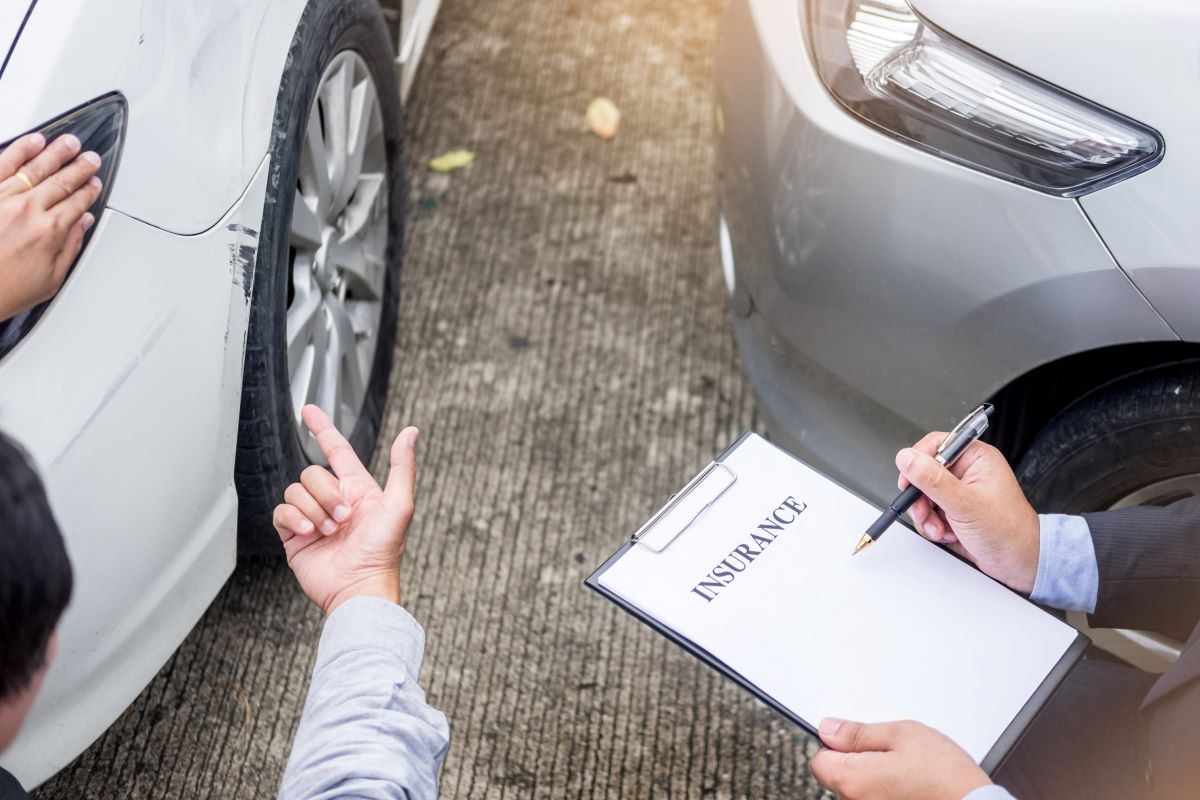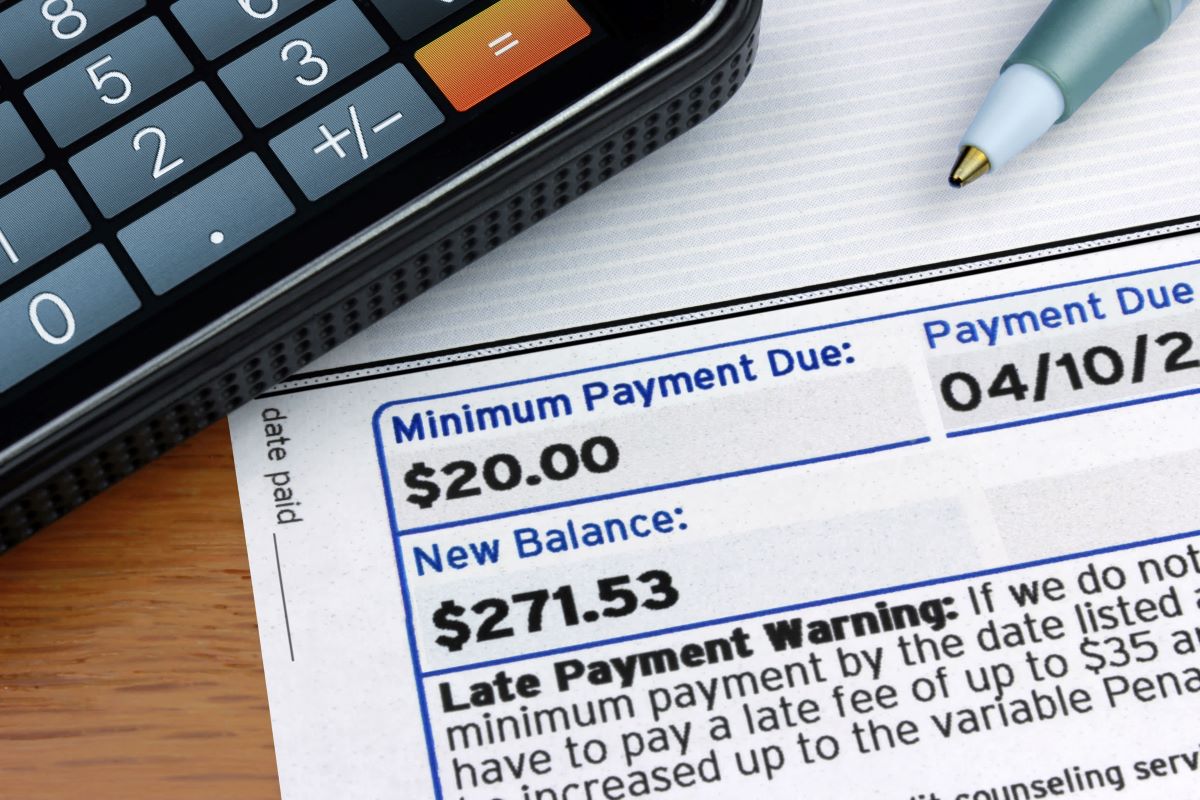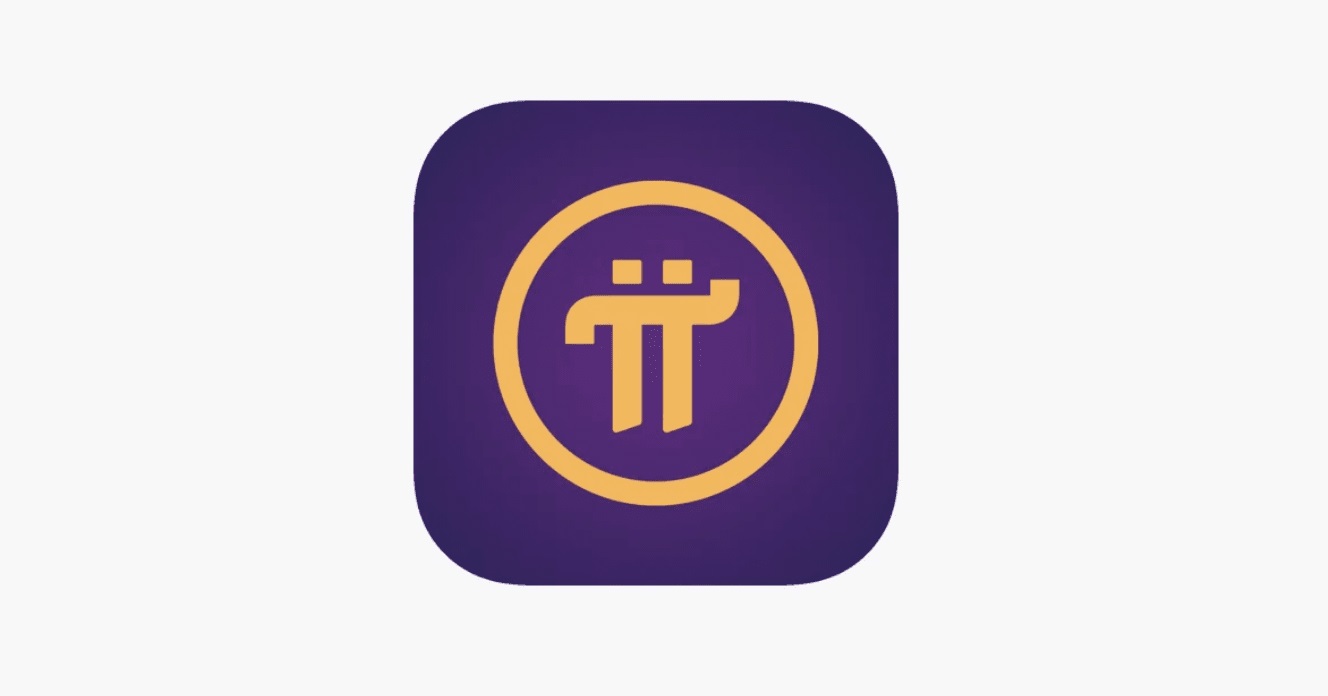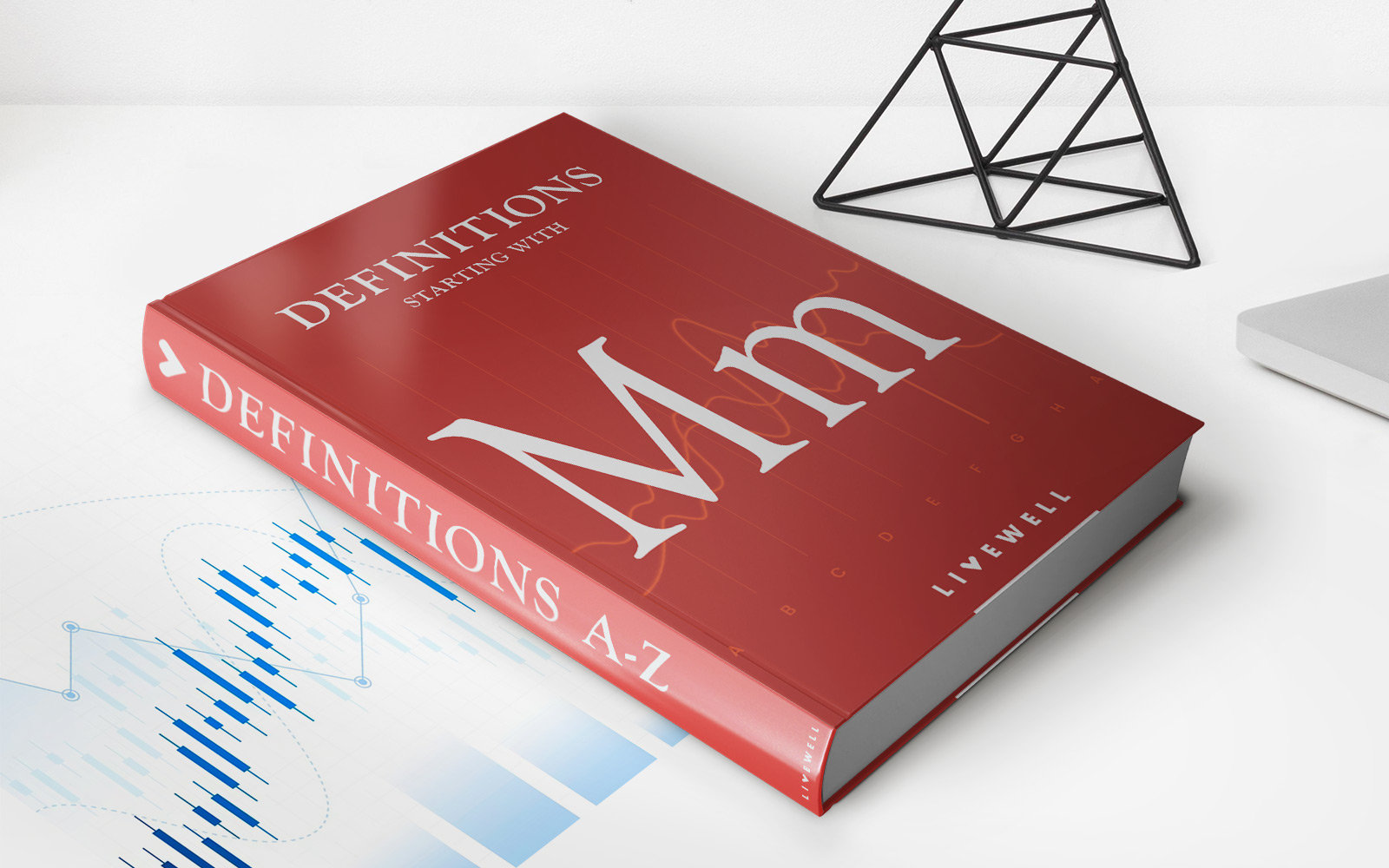Home>Finance>How Long Do You Have To Pay Car Insurance After The Due Date?
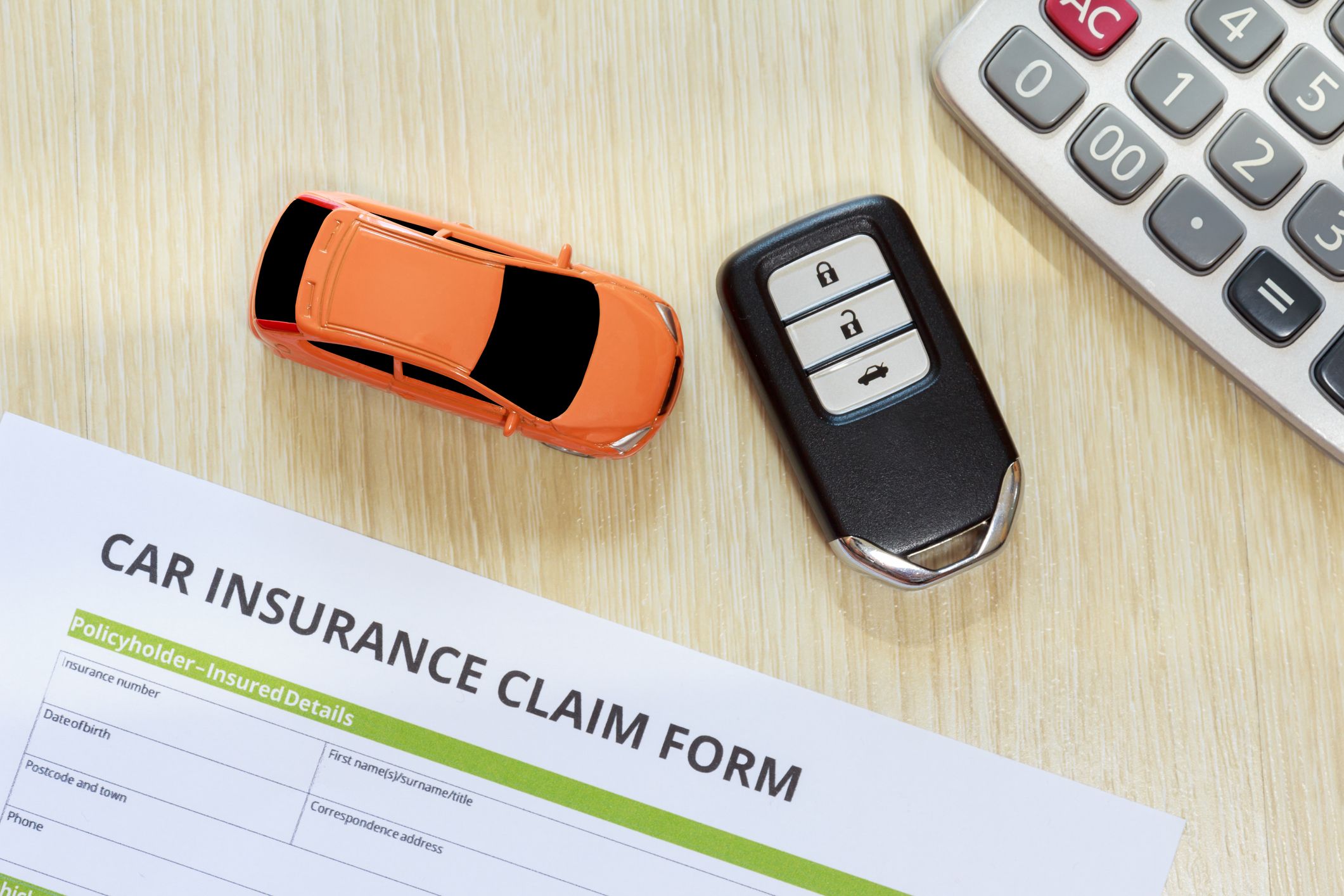

Finance
How Long Do You Have To Pay Car Insurance After The Due Date?
Modified: February 21, 2024
Discover the answers to your burning car insurance questions. Learn how long you have to pay your car insurance after the due date and more. Get expert finance advice today!
(Many of the links in this article redirect to a specific reviewed product. Your purchase of these products through affiliate links helps to generate commission for LiveWell, at no extra cost. Learn more)
Table of Contents
Introduction
Car insurance is a vital component of responsible vehicle ownership. It provides financial protection in the event of an accident, theft, or damage to your car. Like any other financial responsibility, car insurance comes with due dates for payment. But what happens if you miss the due date?
In this article, we will explore the concept of car insurance due dates and discuss what happens when you don’t pay your premium on time. We will also explore the grace periods provided by insurance companies, late payment fees, and the possible consequences of non-payment. Finally, we will provide some tips on how to avoid late payments and maintain a good standing with your car insurance provider.
Understanding how car insurance due dates work is essential to ensure that your coverage remains intact and that you don’t face any unnecessary penalties or complications. So, let’s delve into the world of car insurance due dates and find out what happens when you miss them.
Understanding Car Insurance Due Dates
Car insurance due dates refer to the specific dates on which your insurance premium payment is required by your insurance provider. These due dates are typically set on a regular basis, such as monthly, quarterly, or annually, depending on the payment plan you have chosen.
It’s important to understand and keep track of your car insurance due dates to avoid potential issues and ensure that your coverage remains active. Missing the due date can lead to significant consequences, including the possibility of losing your coverage altogether.
Insurance providers will typically send you a notification indicating when your premium payment is due. It’s crucial to review your policy documents or contact your insurance provider directly to confirm the specific due date for your car insurance premium.
When it comes to car insurance due dates, it’s essential to plan ahead and ensure you have the necessary funds available to make your payment on time. Setting reminders or utilizing automatic payment options can help you stay organized and avoid missing your due date.
Next, let’s explore what can happen if you miss the due date for your car insurance premium payment.
Consequences of Late Payment
Missing the due date for your car insurance payment can have several consequences, ranging from mild to severe. Understanding these consequences is crucial to avoid potential issues and ensure that your coverage remains intact.
One of the most immediate consequences of a late payment is the potential for a lapse in coverage. If you fail to make your payment on time, your insurance provider may consider your policy null and void, leaving you without any financial protection in the event of an accident or damage.
In addition to a lapse in coverage, late payments can also result in penalties or fees imposed by your insurance provider. These fees can vary depending on the terms and conditions of your policy, but they can add up quickly and impact your overall financial situation.
Furthermore, late payments can negatively impact your credit score. Insurance providers may report late payments to credit bureaus, which can then reduce your credit score and affect your ability to secure favorable interest rates on loans or credit cards in the future.
Another consequence of late payment is the potential for higher premiums in the future. Insurance providers may view late payments as a sign of financial irresponsibility, and as a result, they may increase your premiums when it’s time to renew your policy.
In extreme cases where multiple payments are missed, the insurance provider may choose to cancel your policy due to non-payment. This can have long-term consequences, as finding a new insurance provider may be more challenging, and you could be considered a higher-risk individual.
It’s important to note that the consequences of late payment may vary depending on your insurance provider and the specific terms of your policy. Some insurance companies may offer grace periods or alternative payment options to help mitigate the impact of late payments.
Next, let’s explore more about grace periods and how they can provide some flexibility in case you miss your car insurance due date.
Grace Periods for Car Insurance Payments
A grace period is a specified period of time after your car insurance due date during which you can still make your payment without facing any penalties or consequences. Grace periods provide policyholders with some flexibility and allow them to catch up on missed payments without jeopardizing their coverage.
The length of the grace period can vary depending on the insurance provider and the terms and conditions of your policy. Common grace periods range from a few days to a few weeks, but it’s essential to review your policy or contact your insurance provider to confirm the exact duration of your grace period.
During the grace period, your coverage remains active, and you can make your payment without incurring any additional fees. This gives you a chance to rectify the situation and bring your payments up to date.
However, it’s crucial to note that while your coverage may remain intact during the grace period, any accidents or claims that occur within that time may still be subject to review by your insurance provider. If it is determined that the late payment directly contributed to the claim, your coverage may be compromised.
It’s important to utilize the grace period responsibly and make your payment as soon as possible to ensure continuous coverage and avoid any potential complications.
If you are unable to make your payment within the grace period, it’s crucial to communicate with your insurance provider as soon as possible to discuss alternative payment options or potential solutions.
Next, let’s delve into the topic of late payment fees and how they can impact your car insurance premium.
Late Payment Fees
Late payment fees are charges imposed by insurance providers when policyholders fail to make their car insurance premium payment on time. These fees serve as a penalty for the delayed payment and can vary depending on the insurance company and the terms of your policy.
The amount of late payment fees can range from a fixed fee to a percentage of the outstanding premium. It’s important to review your policy or contact your insurance provider to understand the specific late payment fee structure applicable to your policy.
Late payment fees not only serve as a financial burden but can also have a negative impact on your overall financial situation. They can add up quickly, especially if multiple payments are missed, and can affect your ability to maintain insurance coverage.
In addition to the financial repercussions, late payment fees can also impact your relationship with your insurance provider. Consistently missing payment due dates and incurring late payment fees may lead to a reassessment of your risk profile, potentially resulting in higher premiums or even policy cancellation.
To avoid late payment fees, it’s crucial to stay organized and keep track of your car insurance due dates. Setting reminders, utilizing automatic payment options, or aligning your due dates with your regular income can help ensure timely payments and avoid unnecessary penalties.
If you find yourself in a situation where you cannot make your payment on time, it’s essential to communicate with your insurance provider as soon as possible. They may be willing to work with you to find a solution, such as adjusting the due date, setting up a payment plan, or waiving late payment fees.
Now that we’ve explored late payment fees, let’s discuss the potential consequences of non-payment and how it can lead to the cancellation of your car insurance policy.
Cancelling Car Insurance for Non-Payment
If you consistently fail to make your car insurance premium payment, your insurance provider may choose to cancel your policy due to non-payment. Policy cancellation is a serious consequence and can have far-reaching implications for your coverage and future insurance options.
The process and timeline for policy cancellation due to non-payment can vary depending on the insurance company and the terms of your policy. Some companies may provide a grace period or additional time to make the payment before initiating the cancellation process. It’s essential to review your policy documents or contact your insurance provider directly to understand their specific procedures.
When your car insurance policy is cancelled due to non-payment, you will no longer have coverage for any future accidents, damage, or claims. This can leave you financially vulnerable and exposed to significant expenses in the event of an incident.
In addition to losing your coverage, policy cancellation for non-payment can also have other consequences. It can negatively impact your insurance history and make it more difficult to obtain affordable car insurance coverage in the future. Insurance companies may view policy cancellation as a high-risk factor, which can result in higher premiums or even denial of coverage altogether.
To avoid policy cancellation for non-payment, it’s crucial to prioritize your car insurance premium payment and make it a financial responsibility. Utilize reminders, automatic payment options, or budgeting strategies to ensure timely payments and maintain your insurance coverage.
If you are facing financial difficulties and are unable to make your car insurance payment, it’s important to communicate with your insurance provider as soon as possible. They may be willing to work with you to find a solution, such as adjusting the payment schedule or exploring alternative payment options.
Now that we understand the potential consequences of non-payment, let’s explore various options for paying car insurance premiums after the due date.
Options for Paying Late
If you find yourself unable to make your car insurance payment by the due date, there are several options available to help you catch up on your payment and avoid any negative consequences. These options may vary depending on your insurance provider, so it’s essential to reach out to them directly to explore the available alternatives.
1. Paying Online: Many insurance companies offer online payment portals where you can make payments at any time, even after the due date. Check your insurance provider’s website or contact their customer service to access their online payment options.
2. Phone Payment: Some insurance companies allow you to make payments over the phone. Contact their customer service to inquire about this option and ensure that you have the necessary payment information ready.
3. Automatic Payment: If you continually struggle with making timely payments, enrolling in automatic payment options can help ensure that your premium is deducted from your bank account on the due date. This eliminates the risk of forgetting to make a payment.
4. Payment Plan: If you are facing temporary financial difficulties, some insurance providers may offer payment plans or flexibility in the payment schedule. This allows you to spread out your payment over a period of time, making it more manageable.
5. Policy Endorsement: In some cases, insurance companies may allow you to modify your policy by temporarily lowering coverage or adjusting deductibles, which can result in a reduction in your premium. However, keep in mind that this option may impact your coverage.
It’s crucial to proactively reach out to your insurance provider and explain your situation if you are unable to make your payment on time. They may be willing to work with you to find a solution that avoids policy cancellation and keeps your coverage intact.
Now that we’ve explored options for paying car insurance premiums after the due date, let’s discuss the importance of effective communication with your insurance provider.
Communicating with Your Insurance Provider
Effective communication with your insurance provider is crucial, especially when you are facing challenges in making your car insurance payment on time. Open and honest communication can help you navigate through potential issues and find suitable solutions that allow you to maintain your coverage.
1. Contact your insurance provider: As soon as you realize you may miss your payment due date, contact your insurance provider. Explain your situation and discuss possible alternatives or arrangements. They may offer assistance or provide information on grace periods, payment plans, or other options available to you.
2. Provide documentation if necessary: If you are facing financial hardships or extenuating circumstances, be prepared to provide supporting documentation that explains your situation. This can help your insurance provider better understand your circumstances and potentially offer more flexible payment options.
3. Establish a clear payment plan: If your insurance provider offers a payment plan, make sure you fully understand the terms and conditions. Ask any questions you have and ensure that you are comfortable with the adjusted payment schedule. It’s important to stick to the agreed-upon plan to avoid further complications.
4. Keep records of conversations: Maintain a record of all communications with your insurance provider regarding your payment situation. This includes notes on phone conversations, emails, and any agreements reached. Having this documentation can serve as evidence in case any discrepancies or issues arise in the future.
5. Stay proactive and informed: Make it a priority to stay updated on any changes or updates from your insurance provider. This includes reviewing policy documents, payment schedules, and any notifications they send regarding your coverage or payment status. Staying informed puts you in a better position to manage your insurance effectively.
Good communication with your insurance provider is essential in navigating through any challenges you may face regarding your car insurance payment. By establishing a transparent and collaborative relationship, you increase the chances of finding a solution that allows you to maintain your coverage and financial well-being.
Now, let’s explore some useful tips for avoiding late payments and maintaining a good standing with your car insurance provider.
Tips for Avoiding Late Payments
Keeping up with your car insurance payment due dates is crucial to ensure continuous coverage and avoid potential consequences. Here are some useful tips to help you avoid late payments and maintain a good standing with your car insurance provider:
1. Set up reminders: Utilize digital calendar reminders, mobile apps, or alarms to remind yourself of upcoming car insurance payment due dates. This will help you stay organized and ensure timely payments.
2. Enroll in automatic payments: Consider setting up automatic payments with your insurance provider. This way, your premium will be automatically deducted from your bank account on the due date, eliminating the risk of forgetting to make a payment.
3. Sync payment due dates with income: If possible, align your car insurance payment due dates with your regular income. Adjusting the due date to coincide with your paycheck can make it easier to budget and ensure funds are available for payment.
4. Create a dedicated budget category: Allocate a specific portion of your budget to your car insurance premium payments. Treating it as a separate line item will help you prioritize its payment and avoid mixing it with other expenses.
5. Review your policy details: Familiarize yourself with the terms and conditions of your car insurance policy, including payment due dates and late payment fees. This will ensure that you are aware of your responsibilities and deadlines.
6. Communicate any financial difficulties: If you anticipate difficulties in making your car insurance payment, proactively reach out to your insurance provider. They may be willing to offer alternative payment options or provide assistance during challenging times.
7. Regularly review your coverage: Periodically assess your car insurance coverage to ensure it remains appropriate for your needs. Adjusting your coverage, if necessary, can help you manage premium costs and ensure you’re not paying for unnecessary extras.
8. Keep a record of payments: Maintain a record of your insurance premium payments, which can serve as a reference and proof of payment. This can be helpful in case of any disputes or discrepancies with your insurance provider.
By implementing these tips, you can establish good payment habits and avoid the stress and potential consequences of late payments. Remember, paying your car insurance premium on time not only protects your financial interests but also helps maintain a positive relationship with your insurance provider.
Finally, let’s summarize what we’ve covered in this article.
Conclusion
Car insurance due dates are an integral part of maintaining coverage and financial protection for your vehicle. Missing these due dates can have significant consequences, including a lapse in coverage, late payment fees, and even policy cancellation. It’s essential to understand the potential implications and take proactive measures to avoid late payments.
By understanding the grace periods provided by your insurance provider, you can utilize the extra time to catch up on missed payments without facing penalties or coverage cancellations. However, it’s crucial not to rely solely on grace periods and to prioritize making payments on time.
Communicating with your insurance provider is key when facing challenges in making timely payments. They may offer alternative payment options or work out a plan that suits your financial situation. Open and transparent communication can help you find solutions and maintain coverage.
To avoid late payments altogether, set up reminders, enroll in automatic payments, and sync due dates with your income. Reviewing policy details, keeping a record of payments, and regularly reviewing your coverage can also contribute to a smoother payment process.
Remember, maintaining a good standing with your car insurance provider ensures that you have the necessary financial protection in case of accidents or unforeseen events. By prioritizing timely payments, you can avoid the consequences of late payments and enjoy peace of mind on the road.
With these insights and tips, you are well-equipped to navigate car insurance due dates and make informed decisions regarding your payments. Stay organized, communicate effectively, and prioritize your financial responsibilities to ensure a seamless car insurance experience.


